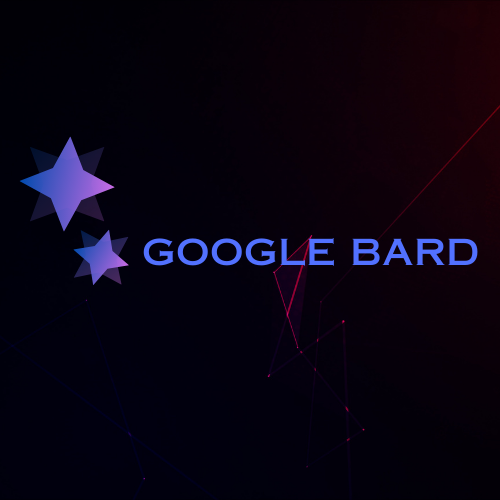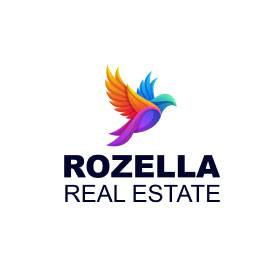
SEO vs. PPC for eCommerce Startups: A Comparative Analysis
Introduction
When it comes to driving traffic and sales for eCommerce startups, two powerful strategies often come into play: Search Engine Optimization (SEO) and Pay-Per-Click (PPC) advertising. Both approaches have their distinct advantages and can greatly influence the success of your startup. This article presents a comparative analysis of SEO and PPC, helping you understand their significance for eCommerce startups and aiding you in making an informed decision.
Understanding SEO and PPC
SEO (Search Engine Optimization)
SEO involves optimizing your website’s content and structure to improve its visibility in organic search engine results. It focuses on ranking higher in search engines like Google for relevant keywords.
PPC (Pay-Per-Click)
PPC is a form of online advertising where you pay for each click on your ad. Your ads are displayed on search engine results pages or other relevant websites, and you’re charged only when someone clicks on your ad.
Significance of SEO for eCommerce Startups
Long-Term Organic Traffic: SEO lays the foundation for sustained, organic traffic over time. While it may take time to see significant results, the efforts invested in optimizing your website can lead to consistent traffic and conversions without ongoing advertising costs.
Cost-Effective Strategy: Compared to PPC, SEO requires an upfront investment but can yield long-term benefits without ongoing expenses per click. This makes it a cost-effective approach for startups looking to establish a strong online presence.
Trust and Credibility: High organic rankings contribute to your brand’s credibility and authority in the eyes of consumers. People often trust organic search results more than paid ads, leading to better click-through rates and conversions.
Significance of PPC for eCommerce Startups
Immediate Visibility: PPC provides instant visibility in search results. As soon as your campaign is live, your ads will start appearing for the chosen keywords, enabling quick exposure and potentially faster sales.
Targeted Audience Reach: PPC allows precise targeting based on factors like keywords, location, device, and even time of day. This means your ads are shown to users who are more likely to convert, increasing the efficiency of your advertising efforts.
Controlled Budget: You have total control over your spending using PPC. You can set daily caps and change bids in accordance with performance. This flexibility ensures you don’t overspend and can measure the direct impact of your investment.
Choosing the Right Strategy
Consider SEO if: You’re looking for a sustainable, long-term strategy that can provide consistent organic traffic and build brand credibility over time.
Consider PPC if: You need immediate visibility and want to target specific audiences with precise control over your budget and performance metrics.
FAQ
Can I use PPC and SEO at the same time? Absolutely. Many eCommerce startups use a combination of both strategies to maximize their online presence. This approach can yield synergistic benefits by capturing both organic and paid traffic.
Which strategy is better for immediate sales? PPC is generally better for immediate sales due to its quick visibility and ability to reach users actively looking to make a purchase.
Is it possible to switch from one strategy to another later? Yes, startups can transition from one strategy to another based on changing goals or business needs. It’s essential to plan the transition carefully to minimize disruptions.
Conclusion
Choosing between SEO and PPC for your eCommerce startup depends on your goals, budget, and timeline. Both strategies offer unique advantages that can contribute to your startup’s growth. By understanding the significance of SEO’s long-term organic traffic and cost-effectiveness and the immediate visibility and targeted reach of PPC, you can make an informed decision that aligns with your business objectives.





















